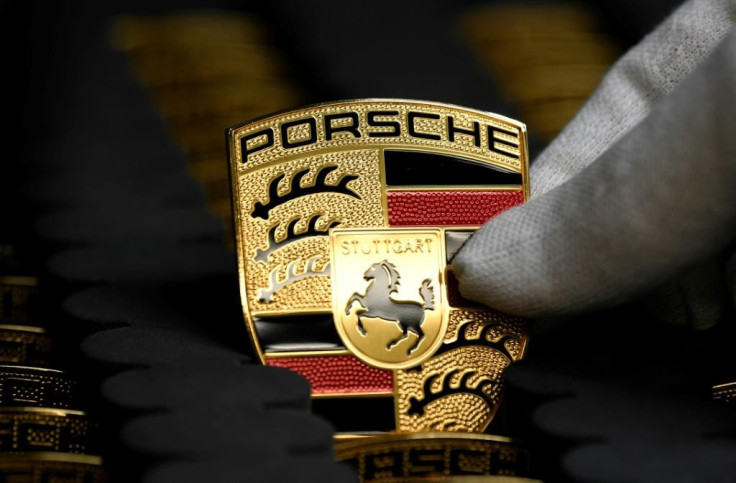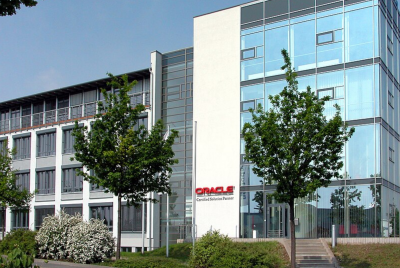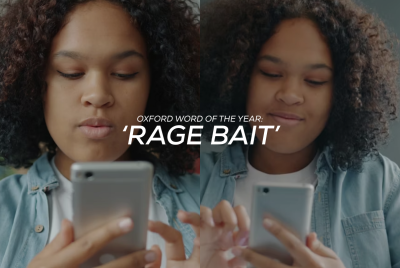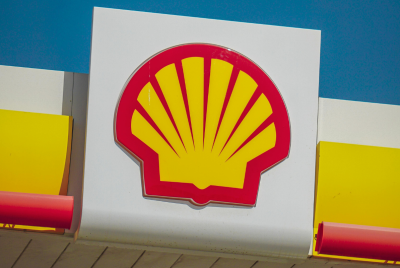From 911s to 999 Problems: Porsche Loses €966 Million in One Quarter — What Went So Wrong?
Electric setbacks, US tariffs and a sales slump in China push the luxury carmaker into its worst financial crisis in decades.

Porsche has reported a dramatic €966 million ($1.02 billion) loss for the third quarter of 2025, sending shockwaves through financial markets and the wider automotive industry.
Once viewed as one of Europe's most profitable carmakers, the German luxury brand is now confronting what analysts describe as one of the toughest crises in the continent's auto sector.
EV Plans Falter
The biggest hit to Porsche's finances stems from its ambitious yet troubled electric vehicle (EV) strategy. For several years, the company invested heavily in electrification, pledging that 80 per cent of its vehicles would be fully electric by 2030. However, as demand for EVs has slowed globally, Porsche has been forced to hit the brakes.
The manufacturer confirmed that it has scrapped its in-house battery project and cancelled plans for a high-end all-electric SUV, leading to massive write-downs. In total, the company has lost around €3.1 billion ($3.28 billion) this year due to what executives have termed a strategic realignment.
Chief Financial Officer Jochen Breckner admitted that the company's earlier roadmap was overly optimistic. 'We pushed too fast for a market that was not ready,' he said. The company has launched an internal restructuring, replacing several board members and appointing Michael Leiters as its new chief executive, who will take charge early next year.
Tariffs Weigh on U.S. Operations
Porsche's losses have been further compounded by tariffs in the United States, where the company lacks a local manufacturing plant. Every imported Porsche currently faces a 15 per cent import tax, significantly squeezing margins in one of its largest markets.
Tariff-related costs reached €500 million ($528 million) by the end of the third quarter and are projected to total €700 million ($739 million) this year.
Porsche plans to raise U.S. prices to offset the damage but is also exploring options for a new assembly plant. Analysts caution that such an investment would take years and require several billion euros in capital.
Despite these headwinds, the U.S. remains Porsche's most promising growth market, recently surpassing China in sales. The company now plans to strengthen its SUV range, particularly the Cayenne and Macan, which continue to dominate American demand.
China's Decline
Once Porsche's biggest success story, China has turned into a major challenge. Domestic consumers are increasingly favouring home-grown electric vehicle brands such as BYD and Nio, which offer advanced technology at lower prices.
As a result, Porsche's sales in China have plunged 26 per cent this year. Breckner acknowledged that 'market conditions will not improve in the foreseeable future'.
The ongoing price war in China's EV market has forced the luxury brand to offer discounts, something once unimaginable for a marque built on exclusivity and prestige.
Analysts warn that reclaiming market share in China will be difficult, given the rapid rise of AI-powered EVs from domestic competitors. Porsche, once a symbol of success for China's elite, now faces an uphill battle to remain relevant.
Outlook for Recovery
Despite its worst quarter in decades, Porsche maintains that it has a turnaround plan. Executives expect 2025 to represent the company's financial low point, with a gradual rebound anticipated from 2026 as restructuring takes effect.
Breckner said the company aims to restore profit margins to a 'high single-digit percentage' next year, compared with the current 2 per cent. Porsche will refocus on its hybrid line-up and core strengths in design, performance and luxury craftsmanship, while slowing the pace of EV investment.
The road ahead remains uncertain, but Porsche insists it is not abandoning its long-term electric vision. For now, the company is racing to regain investor confidence and prove that even after 75 years, its engine for innovation still has fuel left.
© Copyright IBTimes 2025. All rights reserved.





















